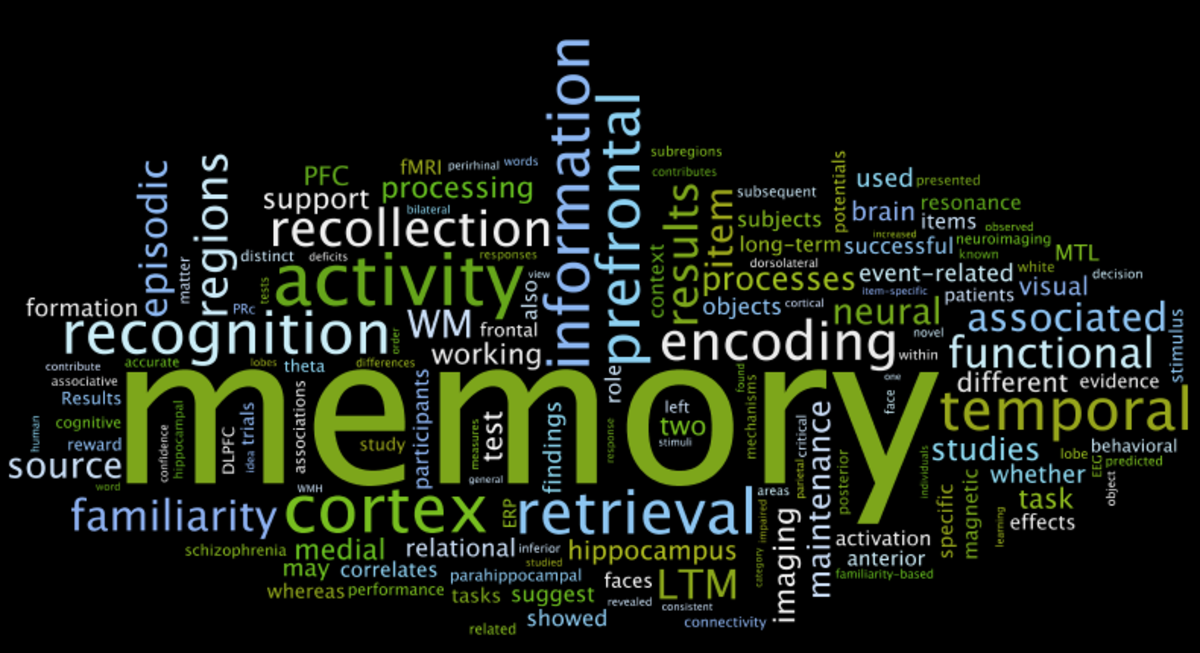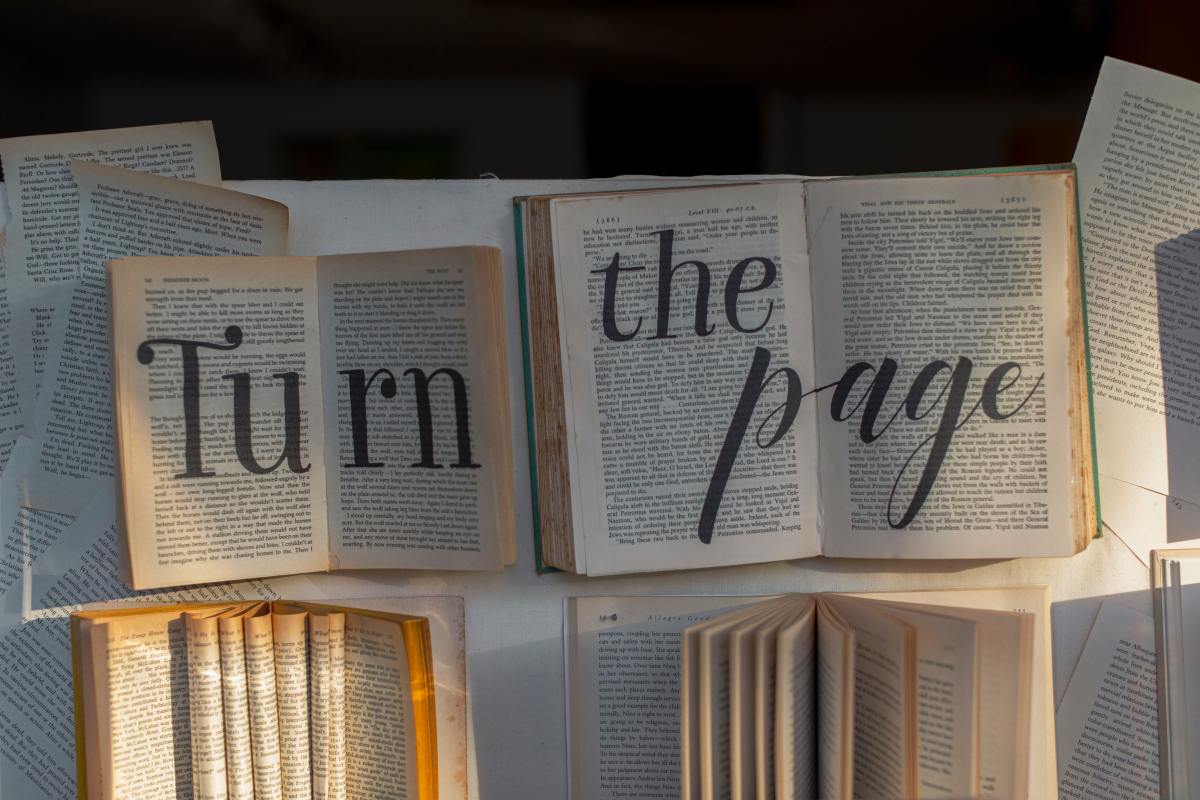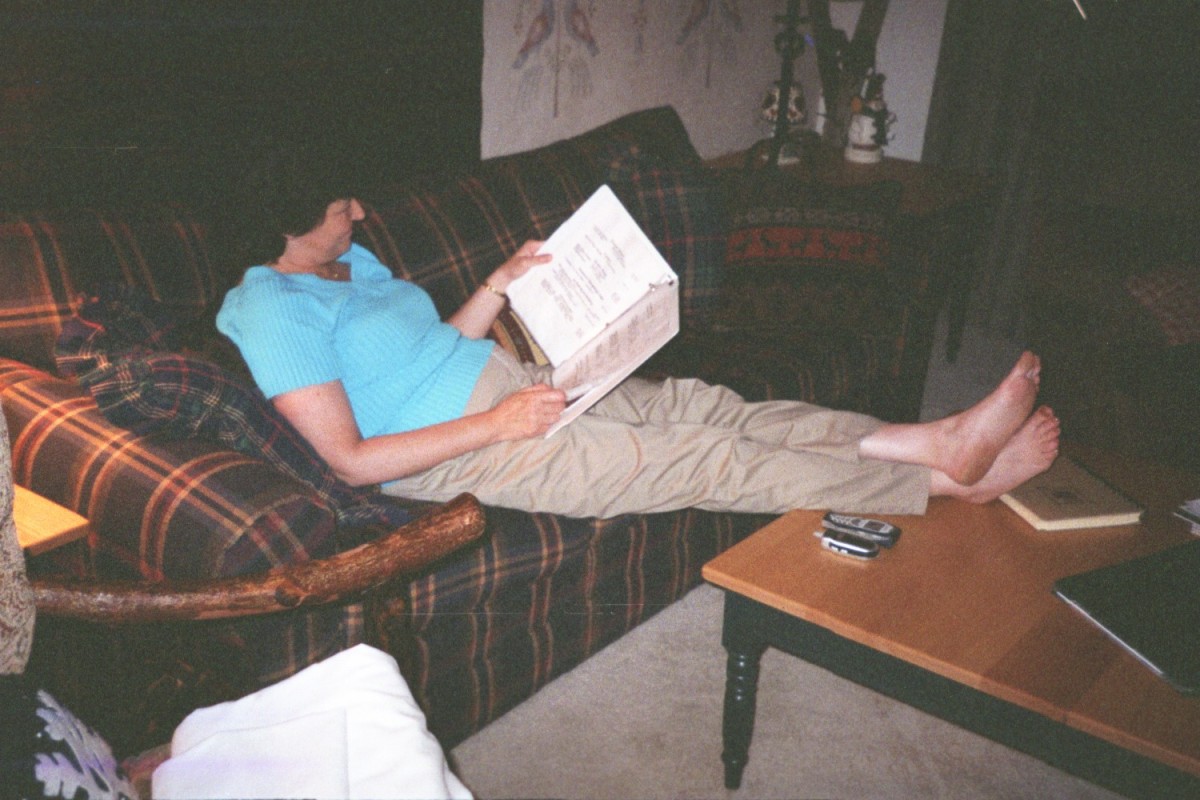The Best Ways To Remember What You Read

What Did I Just Read?
I'm sure we've all asked this question after reading a book, or an ebook for you young people out there. You get to the end of a chapter and suddenly find that you can't quite recall some main ideas, the name of some central character or why you started reading this thing at all. If this sounds like you...don't worry your not getting amnesia. On the contrary, your exactly like the majority of us whose memories are as dependable as Greek debt (ooo...finance burn).
Well guess what, today your in luck. Below I've written a detailed report elaborating on the sources of forgetfulness, the different techniques used to retain read text, and my own personal triumphs in recalling details from even the driest of textbooks. So please, enjoy and try to remember what I've written.
I once remember taking a class called "Historical Regression Analysis of Multivariate Data," or something like that. Needless to say, reading the textbook was like watching paint dry whilst your eyelids are taped open. Unfortunately, the class wasn't a playful elective. I either had to pass this one or wait an extra year to get my degree. So four weeks before the mid term exam, I decided to cram half the book into my brain by any means necessary.
Two weeks later.....
Sure I read a quarter of the way through the entire book, but I couldn't remember a single thing past page 10 or so. WTF. That's when I had a revelation, my memory absolutely sucks. And I'm not alone, cramming a ton of dull information into your headspace is for most of us, a recipe for disaster. Without allowing the brain time to digest, link, associate and properly store information it doesn't matter how much you try to cram...you'll probably lose most of it. Why, well let's start with a little thing called the brain.
The Brain and Memory
The brain works by aggregating the action of hundreds of trillions of cells called neurons that frequently send signals to one another. Each individual neuron can literally make thousands of connections with other neurons and hence send thousands of signals to other neurons. The truly amazing thing about this is that "as one brain cell sends signals to another, the synapse (the point of connection between neurons) between the two becomes stronger. Put simply. the more that signals are sent between the same neurons, the stronger the connection grows. What's the end result of all this signaling and synapse strengthening. Well, it tends to lay down some critical neural circuitry for specific skills, information, and routines that are crucial for you to remember anything at all.
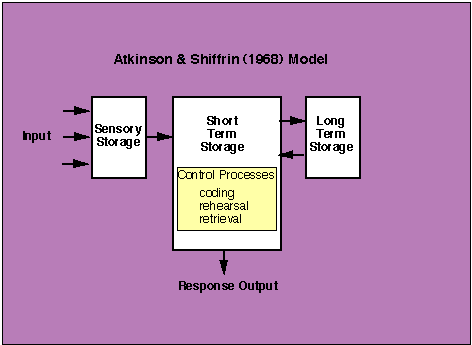
Perception, Short Term Memory, Long Term Memory & Retrieval
If we take a more macro look at the process of storing and eventually retrieving memories we notice a nifty little process the brain uses to allow us to create, learn, and (if practiced enough times) become experts in any task we dedicate enough time to. Please look at the diagram located above; it describes the process I am referring to. It is called the Atkinson & Shiffrin Model. It has an advantage over previous models of how memory work in that it can be broken down into sub categories to more accurately describe what is taking place in the human memory. At the start of this model you have Sensory Storage or Sensory Memory. Sensory Memory was verified through experimentation about eight years before the publication of Atkinson & Shiffrin Model. It essentially describes the ability of the various sensory organs (eyes, nose, skin, ears, etc) to store information about the world in a somewhat unorganized way for a very short amount of time. No time to go into this one in detail but as a start you can look at things such as iconic memory and echoic memory.
Next we have Short Term Memory or Short Term Storage. As defined by MedicineNet.com, short term memory is a system for temporarily storing and managing information required to carry complex cognitive tasks such as learning reasons and comprehension. This system is also responsible for certain working functions such as coding, rehearsal and retrieval of information. Compared to Sensory Memory, Short Term Memory has slightly larger capacity (about 7 items) and the duration of Short Term Memory can be much longer at a few seconds long.
Meanwhile Long Term Memory differs from both Sensory and Short Term Memory in that it has seemingly unlimited capacity (store) among other things.
Surprise Poll
Do you remember all of what you've read so far?

How to Improve Memory?
So now we have a working model of memory; what's next? Well now we need to know the various ways in which we can improve our memory and apply these methods to our reading:
Better Memory Through Association:
"Um Actually -- I mutter. If this guy is over thirty, then I'm a monkey's uncle. In a daze, I place my hand in his and we shake. As our fingers touch, I feel an odd exhilarating shiver run through me. I withdraw my hand hastily, embarrassed. Must be static. I blink rapidly, my eyelids matching my heart rate."
Above is an excerpt from "Fifty Shades of Grey," sorry....I just had to. I wanted to make a point. I suspect one of the reasons people find erotica like Fifty Shades of Grey so stimulating and um...vivid is that it is very easy (and quite possibly enjoyable) to visualize. And I would bet any amount of money that the average person would better remember Fifty Shades of Grey cover-to-cover that a single chapter of their International Tax Law Guidebook. Why is this?
The most likely reason you have a better recall for erotica is Association linkages in the brain. When your mind encounters a new piece of information; moving that information from short term to long term memory normally necessitates numerous repetitions (encounters) of that information. However, a nifty little trick that memory experts (yes, there are people called memory experts) use is to associate new information with something that is already deeply entrenched in the mind. For those reading Fifty Shades of Grey, the book's text would be associated with the deeply entrenched brain connections associated with sex.
Luckily, association linkages can also be created without arousal. Let's again look at the above example: "If this guy is over thirty, then I'm a monkey's uncle." Now imagine the female protagonist as the uncle of an ape-like nephew. Imagine her shaking hands with another more rich and powerful monkey in a suit. Suddenly, this simple paragraph becomes far more memorable if not humorous.
Better Memory Through Interest:
This may sound like a "no-shit Sherlock" statement but you tend to remember pieces of information that you happen to be interested in. There are examples of this everywhere. You will tend to remember the name of that more attractive girl or guy compared to their more homely alternatives. If your a mechanic, you'll probably remember car models and types a lot better than the average vehicular layman. Of course, we all know that some things are extremely hard to get interested about. Extremely hard.
Better Memory Via Less Distractions:
In the previous analysis of memory, I actually left out a key detail. Attention is essential to creating, encoding and eventually retrieving memories. Without the ability to pay attention to any piece of information for at least a few seconds there is no way your brain can process that information in Short Term Memory much less encode it in Long Term Memory. Moreover, it's kind of surprising the sheer number of ways we can distract ourselves in this modern age of noisy gadgets and gizmos.
So my advice...turn off the T.V. Turn down the radio and take off the headphones. If your girl (boy) friend likes sexting you every twelve seconds, ignore them. Focus on the task at hand and you fully reap the rewards of total recall (also, a decent action movie).
Better Memory By Reading Faster:
As a natural follow-up to paying attention to what you are reading; you should try to read very quickly. Reading faster will naturally keep your eyes from wandering all over the place and consequently keep your attention focused solely on the material. Personally, I was surprised how well this actually worked the first time I tried it. It takes a while to get used to reading at an increased speed but through practice you eventually get a feel for it.
Now please understand, when I write about reading faster I do not mean skimming. Skimming is something you do when you want to summarize your material, not when you want to remember all the nitty-gritty details. What I'm talking about is analogous to what all those speed-reading proponents say is possible; reading every single detail very quickly with the ability to recall 90 - 100% of everything. Essentially, the best of both worlds.
Better Memory Through Taking Notes and/or Reading Aloud:
The first piece of advice should be obvious to anyone who has ever been in a college lecture hall. Taking notes, can be both a big time saver and a big memory booster. Why? Because in your own subtle way you are summarizing notes that you professor/TA has already summarized. And of course, double summarization = reinforced sexy memory power.
The second piece of advice may seem a little odd to most and incredibly annoying if actually followed. Yet, reading aloud may actually be one of the best ways that you can remember what you read. It turns out that of all the sensory inputs that can be received and processed into long term memory; smell is probably one of the best at triggering information. But since we haven't quite perfected the use of scented ebooks; we have to settle the next best thing, our hearing. Adding auditory memory to the visual memory you are already using when reading will provide a double whammy to lazy little neurons.
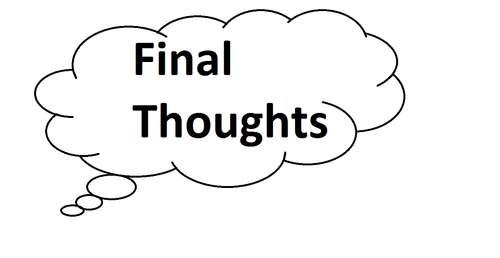
Finally, I want you to reflect on all the techniques and advice that I have dealt out above. Now imagine yourself doing each one at the same time. Your in a library, proudly reading your copy of Fifty Shades Freed (dirty girl you). You start associating each explicit paragraph with with an arousal mechanism deep in you subconscious. Your sweating. You tune out the surrounding readers around you because chapter 12 is way more interesting than any of them.
As your interest in the material increases, you start reading faster and faster. Your heart palpitations increase with each passing paragraph. You reach into your pocket for a pen, highlighter, anything. You have to take notes, somethings are just too awesome to be forgotten. In fact, suddenly you have this incredible urge to say each word aloud. Hold the phone! What's this! This whole time you've been uttering every toe curling sentence. You look around...everyone's looking back at you. You slowly exit the library.



